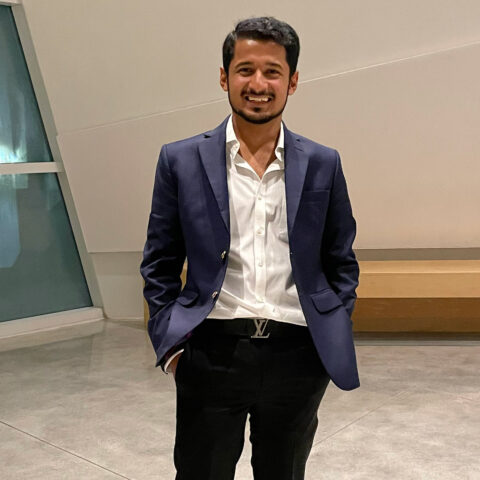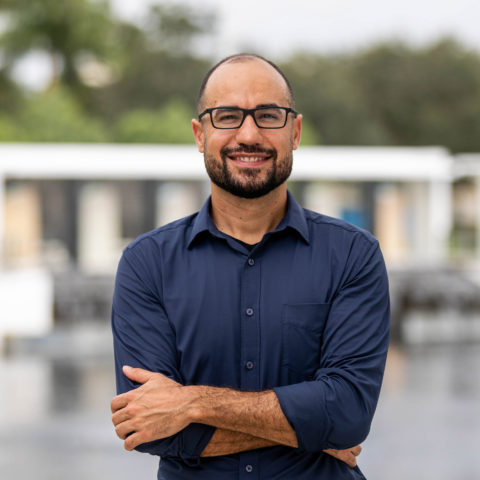"The faint light of the flickering candle
gradually dimmed until its final flame wavered and then was no more, casting
the long, narrow tunnel into complete darkness. Colonel Thomas E. Rose, lying
prone, could no longer even see his hands, though they were directly in front
of his face …" Robert P. Watson. Escape! The Story of the Confederacy's
Infamous Libby Prison and the Civil War's Largest Jail Break.
Dr. Robert Watson's prologue from his most recent book sets the tone for a thrilling prison break considered one of the most remarkable in American history. Watson underwent rigorous preparation to write the book in a three-year span, as he:
- Read over 300 pages of Civil War military reports.
- Reviewed dozens of diaries from escaped prisoners.
- Read every issue of the four newspapers from Richmond, Virginia, from the time of the jailbreak.
- Embarked on multiple trips to the Library of Congress to search undigitized diaries.
"I spent a good six months just researching the project. It's like detective work, except everybody in my crime died in the 1800s," said Watson. "Finding the diaries, deciphering old-fashioned cursive handwriting, identifying words that had different meanings at the time, understanding the map layouts for a prison that no longer exists … It's not just finding what's there, you need to find out what's not there."

In short, Watson had to live and breathe the material, as he does with every book he has written. Today, Watson has published 47 books and over 200 scholarly articles and essays. A few of his favorites include The Ghost Ship of Brooklyn, The Nazi Titanic and George Washington's Final Battle.
One does not need to look further than his past to understand Watson's drive and passion for his craft.
The Mark Twain connection
Watson has always been a reader. As a kid, he longed to be like Jacques Cousteau, the famous French oceanographer known for his undersea explorations, books and films. Naturally, Watson developed a taste for nature, history and exploration books. He dreamt of traveling the world and leading adventures to find ancient civilizations—in the spirit of movie icon Indiana Jones.
In college, Watson's literature professor asked students to write an alternate ending to Mark Twain's story of Huckleberry Finn and Tom Sawyer. Watson took the writing assignment and made a theatrical production out of it … He intentionally burned the edges of an old cardboard file folder to create a cover page, wrote a 25-page ending in old-fashioned script with missing words and wrinkled pages, and presented the work as the lost manuscript of Mark Twain. After turning in the assignment, the professor shared his thoughts with him:
“Robert, you need to be a writer.”

Filled with self-doubt as an amateur writer, Watson courageously took the professor's advice, attended graduate school, and wrote scholarly articles and books, even while getting his Ph.D. The rest is history.
"The writing bug bit me," said Watson. "There’s virtually not a day in the last 30-plus years that I have not written. Every day, every weekend, every holiday, every birthday."
Passing down the writer's torch
When Watson first sat down to write Escape! and create a definitive account of the events, the professor also aspired to write a cautionary tale documenting the potential of the human spirit, filled with metaphors that would speak on the loss of civility that's occurring today. For this reason, Watson encourages Lynn University students with a drive to document history or politics to push forward with their writing and create a voice that inspires others.
"Everybody talks about the writers that want to do fiction and fantasy books," said Watson. "But nobody talks about the writers that have a specific niche. It's important to recognize and encourage these up-and-coming writers as well. Their voices can help document our history."
As for writing advice, Watson keeps things simple for Lynn students.
"Find something in your life that you're passionate about and start writing," said Watson. "Find your own words, your voice. Don't try to be someone you are not. Embrace your style. Keep writing, keep going, keep pushing," he said.
Watson is releasing two new books later this year: America's First Plague and When Washington Burned.




